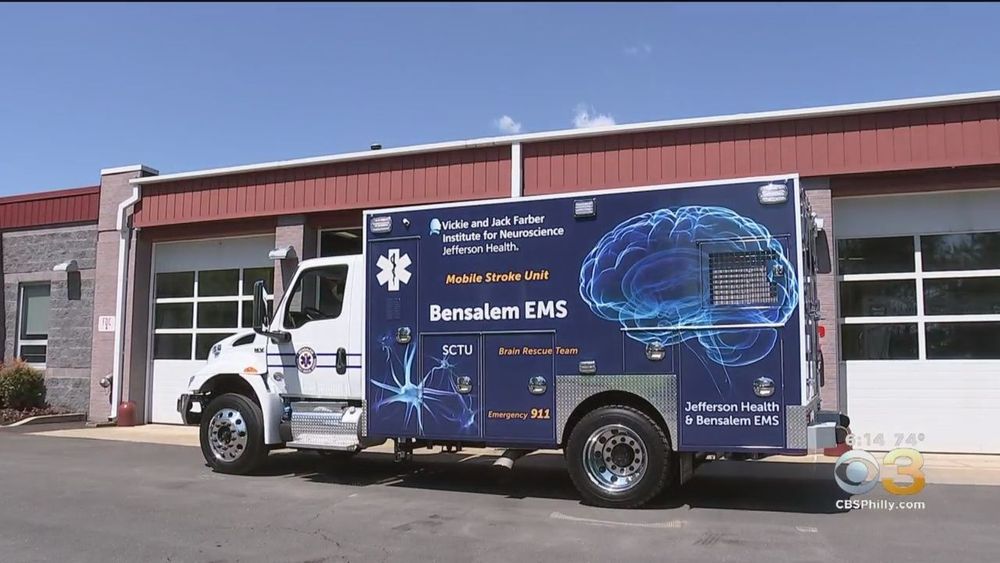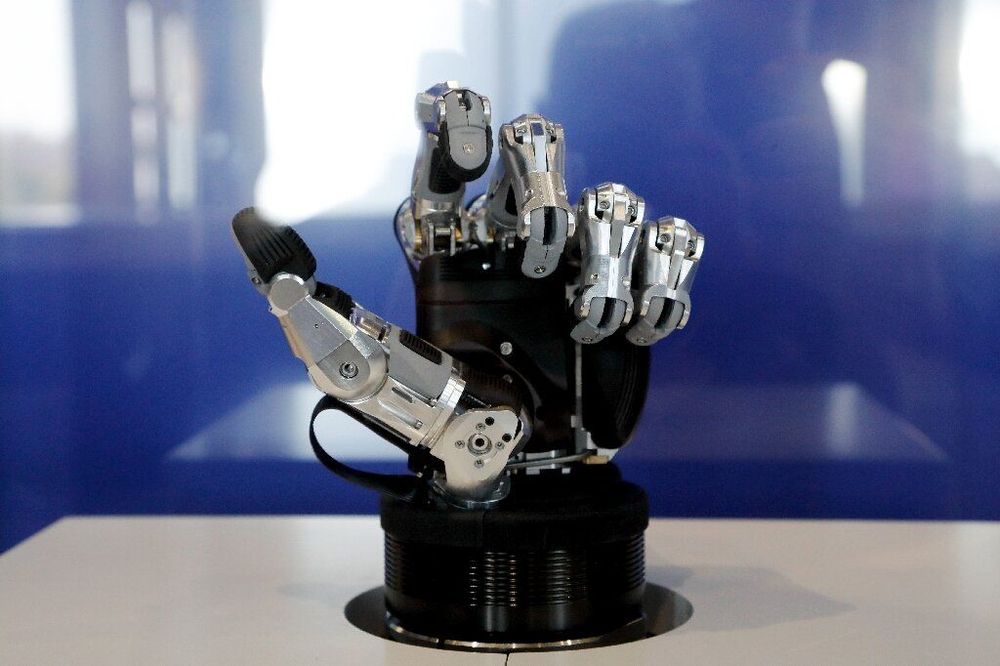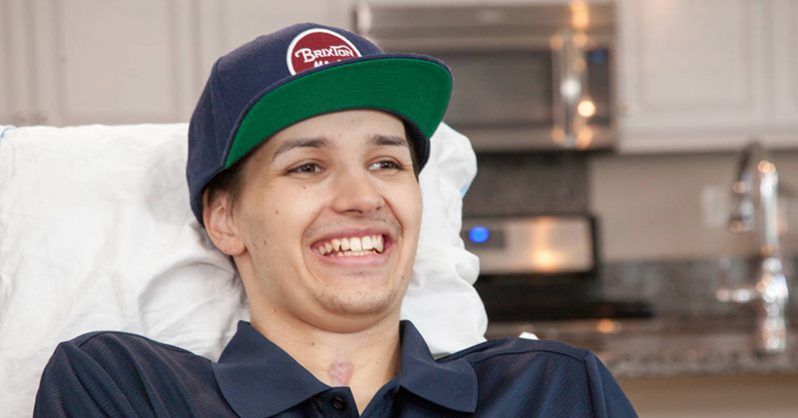
Computer scientists at The University of Texas at Austin have taught an artificial intelligence agent how to do something that usually only humans can do — take a few quick glimpses around and infer its whole environment, a skill necessary for the development of effective search-and-rescue robots that one day can improve the effectiveness of dangerous missions. The team, led by professor Kristen Grauman, Ph.D. candidate Santhosh Ramakrishnan and former Ph.D. candidate Dinesh Jayaraman (now at the University of California, Berkeley) published their results today in the journal Science Robotics.
Most AI agents — computer systems that could endow robots or other machines with intelligence — are trained for very specific tasks — such as to recognize an object or estimate its volume — in an environment they have experienced before, like a factory. But the agent developed by Grauman and Ramakrishnan is general purpose, gathering visual information that can then be used for a wide range of tasks.
“We want an agent that’s generally equipped to enter environments and be ready for new perception tasks as they arise,” Grauman said. “It behaves in a way that’s versatile and able to succeed at different tasks because it has learned useful patterns about the visual world.”
Continue reading “New AI sees like a human, filling in the blanks” »


















